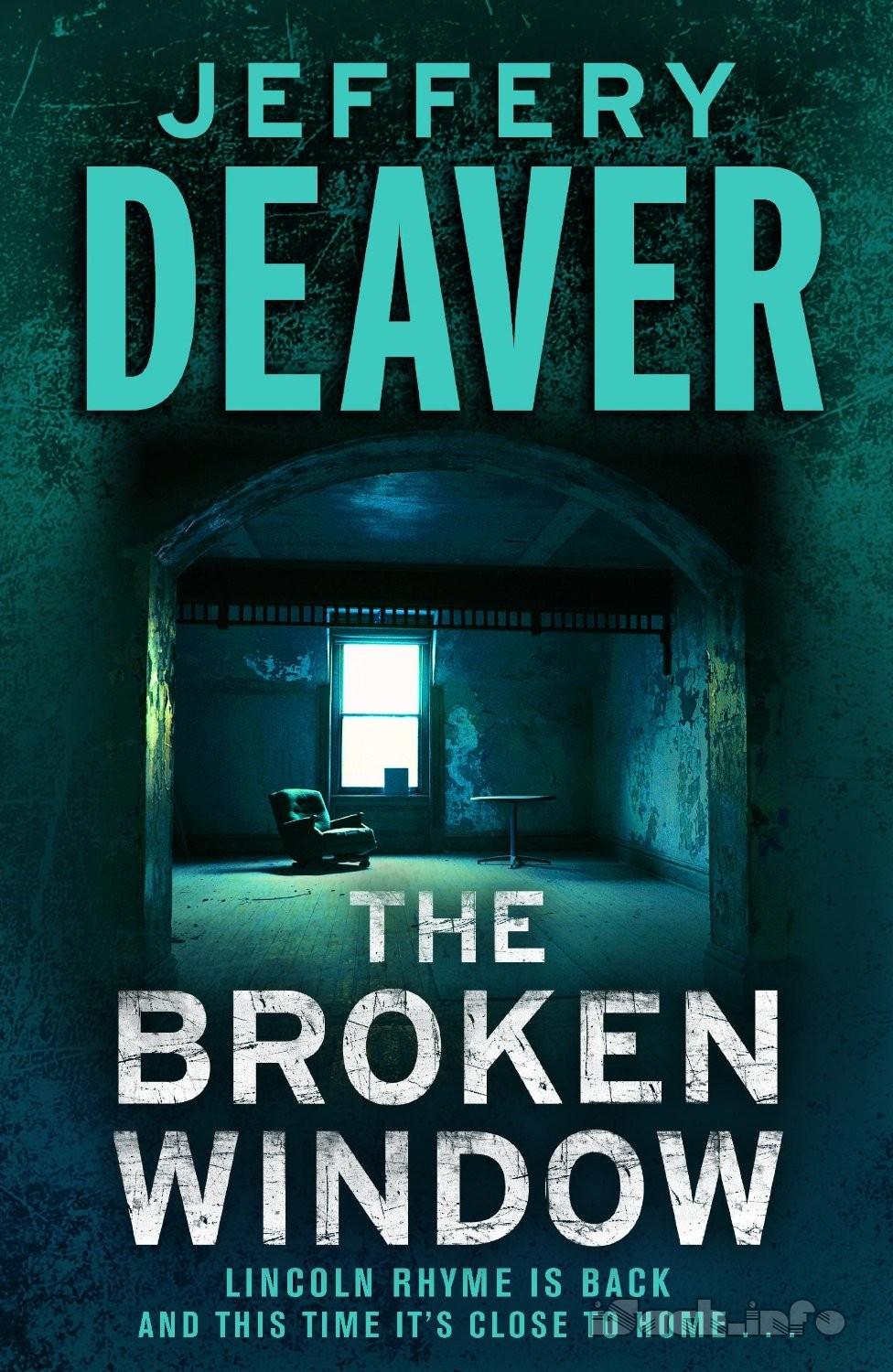Chapter 28
H
ey there.”Pam Willoughby, ushered into the town house foyer by Thom, was smiling. The girl said hello to the crew there, who greeted her with smiles, despite the terrible news about Arthur Rhyme. Thom asked her how school had gone today.
“Great. Really good.” Then she lowered her voice and asked, “Amelia, you have a minute?”
Sachs glanced at Rhyme, who nodded her toward the girl, meaning: There’s nothing we can do about Art until we know more; go ahead.
She stepped into the hallway with the girl. Funny about young people, Sachs was thinking, you can read everything in their faces. The moods, at least, if not always the reasons behind them. When it came to Pam, Sachs sometimes wished she had more of Kathryn Dance’s skill in reading how the girl felt and what she was thinking. This afternoon, though, she seemed transparently happy.
“I know you’re busy,” Pam said.
“No problem.”
They walked into the parlor across the front foyer of the town house.
“So?” Sachs smiled conspiratorially.
“Okay. I did what you said, you know. I just asked Stuart about that other girl.”
“And?”
“It’s just they used to go out—before I met him. He even told me about her a while ago. He ran into her on the street. They were just talking is all. She was kind of a clinger, you know. She was that way when they were going out and it’s one of the reasons he didn’t want to see her anymore. And she was holding on to him when Emily saw them—and he was trying to get away. That’s all. Everything’s, like, cool.”
“Hey, congrats. So the enemy is definitely out of the picture?”
“Oh, yeah. It has to be true—I mean, he couldn’t date her, because he could lose his job—” Pam’s voice came to an abrupt halt.
Sachs didn’t need to be an interrogator to realize that the girl had stumbled. “Lose his job? What job?”
“Well, you know.”
“Not exactly, Pam. Why would he lose his job?”
Blushing, she stared at the Oriental rug at their feet. “Like, she’s sort of in his class this year.”
“He’s a teacher?”
“Kind of.”
“At your high school?”
“Not this year. He’s at Jefferson. I had him last year. So it’s okay if we—”
“Wait, Pam…” Sachs was thinking back. “You told me he was in school.”
“I said I met him at school.”
“And Poetry Club?”
“Well—”
“He was the adviser,” Sachs said, grimacing. “And he coaches soccer. He doesn’t play it.”
“I didn’t exactly lie.”
First, Sachs told herself, don’t panic. That’s not going to help anything. “Well, Pam, this is…” And what the hell is it? She had so many questions. She asked the first one in her thoughts: “How old is he?”
“I don’t know. Not that old.” The girl looked up. Her eyes were hard. Sachs had seen her defiant and moody and determined. She’d never seen the girl this way—trapped and defensive, almost feral.
“Pam?”
“I guess, maybe, like forty-one or something.”
The no-panic rule was starting to crumble.
What the hell should she do? Yes, Amelia Sachs had always wanted children in her life—spurred by memories of the wonderful times she’d spent with her father—but she hadn’t thought much about the tougher job of parenting.
“Be reasonable” was the guideline here, Sachs told herself. But it was about as effective as “Don’t panic” at the moment. “Well, Pam—”
“I know what you’re going to say. But it’s not about that.”
Sachs wasn’t so sure. Men and women together… To some extent it’s always about that. But she couldn’t consider the sexual aspect of the problem. It would only fuel the panic and destroy the reasonable.
“He’s different. We have this connection… I mean, the guys in school, it’s sports or video games. So boring.”
“Pam, there are plenty of boys who read poetry and go to plays. Weren’t there any boys in Poetry Club?”
“It’s not the same… I don’t tell anybody what I went through, you know, with my mother and everything. But I told Stuart and he understood. He’s had a tough time too. His father was killed when he was my age. He had to put himself through school, working two jobs or three.”
“It’s just not a good idea, honey. There’re problems you can’t even imagine now.”
“He’s nice to me. I love being with him. Isn’t that the most important thing?”
“That’s part of it but it’s not everything.”
Pam’s arms folded defiantly.
“And even if he’s not your teacher now he could get into really bad trouble too.” Somehow, saying this made Sachs feel that she’d already lost the argument.
“He said I’m worth the risk.”
You didn’t need to be Freud to figure it out: A girl whose father had been killed when she was young and whose mother and stepfather were domestic terrorists… she was primed to fall for an attentive, older man.
“Come on, Amelia, I’m not getting married. We’re just dating.”
“Then why not take a break? A month. Go out with a couple other guys. See what happens.” Pathetic, Sachs told herself. Her arguments smacked of a losing rear-guard action.
An exaggerated frown. “Like, why would I want to do that? I’m not out there trying to hook a boy, just to have somebody, like every other girl in my class.”
“Honey, I know you feel something for him. But just give it some time. I don’t want you hurt. There are a lot of wonderful guys out there. They’ll be better for you and you’ll be happier in the long run.”
“I’m not breaking up with him. I love him. And he loves me.” She gathered up her books and said coolly, “I better go. I have homework.” The girl started toward the door but then stopped and turned back. She whispered, “When you started going out with Mr. Rhyme, didn’t somebody say it was a stupid idea? That you could find somebody who wasn’t in a wheelchair? That there were lots of ‘wonderful guys’ out there? I bet they did.”
Pam held her eye briefly, then turned and left, closing the door behind her.
Sachs reflected that, yes, indeed, somebody had said just that to her, practically those very words.
And who else but Amelia Sachs’s own mother?
Miguel Abrera 5465-9842-4591-0243, the “maintenance specialist,” as the corporately correct say, left work at his usual time, around 5:00 P.M. He now gets out of the subway car near his home in Queens and I’m right behind him as he strolls home.
I’m trying to stay calm. But it’s not easy.
They—the police—are close, close to me! Which has never happened before. In years and years of collecting, many dead sixteens, many ruined lives, many people in jail on my account, nobody has ever come close like this. Since I learned about the police suspicions, I’ve kept up a good facade, I’m sure. Still, I’ve been analyzing the situation frantically, picking through the data, looking for the lump of gold that tells me what They know and what They don’t. How much at risk I really am. But I can’t find the answer.
There’s too much noise in the data!
Contamination…
I’m running through how I’ve behaved lately. I’ve been careful. Data certainly can work against you; they can pin you to the grid like a blue Morpho menelaus butterfly, smelling of cyanide’s almond perfume, on a velvet board. But those of us in the know, we can use data for protection too. Data can be erased, can be massaged, can be skewed. We can add noise on purpose. We can place Data Set A right next to Data Set X to make A and X seem much more similar than they are. Or more different.
We can cheat in the simplest of ways. RFIDs, for instance. Slip a smart pass transponder into someone’s suitcase and it will show your car’s been in a dozen places over the weekend, while in fact it’s actually been sitting in your garage the whole time. Or think about how easy it is to put your employee ID into an envelope and have it delivered to the office, where it sits for four hours until you ask somebody to collect the package and bring it to you in a restaurant downtown. Sorry, forgot to pick it up. Thanks. Lunch is on me…. And what do the data show? Why, that you were slaving away at work, while in reality you were wiping your razor clean as you stood over someone’s cooling body during those hours in question. That nobody actually saw you at your desk is irrelevant. Here are my time sheets, Officer… We trust data, we don’t trust the human eye. There are a dozen more tricks I’ve perfected.
And now I have to rely on one of the more extreme measures.
Ahead of me now Miguel 5465 pauses and glances into a bar. I know for a fact that he drinks rarely and if he goes in for a cerveza it will throw off the timing a bit but that won’t ruin my plans for this evening. He forgoes the drink, though, and continues along the street, head cocked to the side. I actually feel sorry that he didn’t give in and indulge, considering he has less than an hour to live.



 ePub
ePub A4
A4